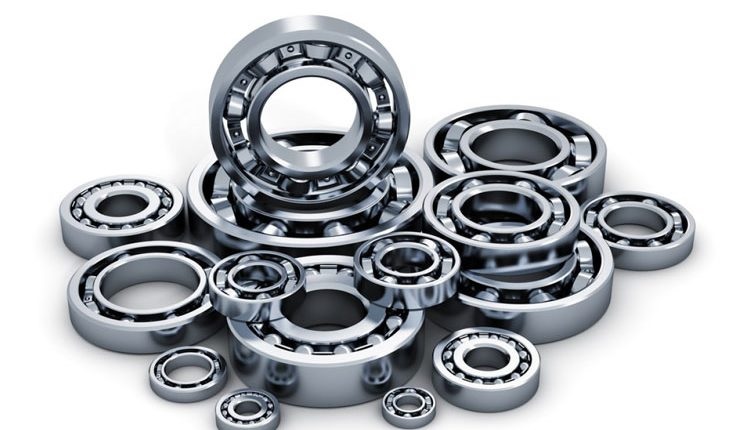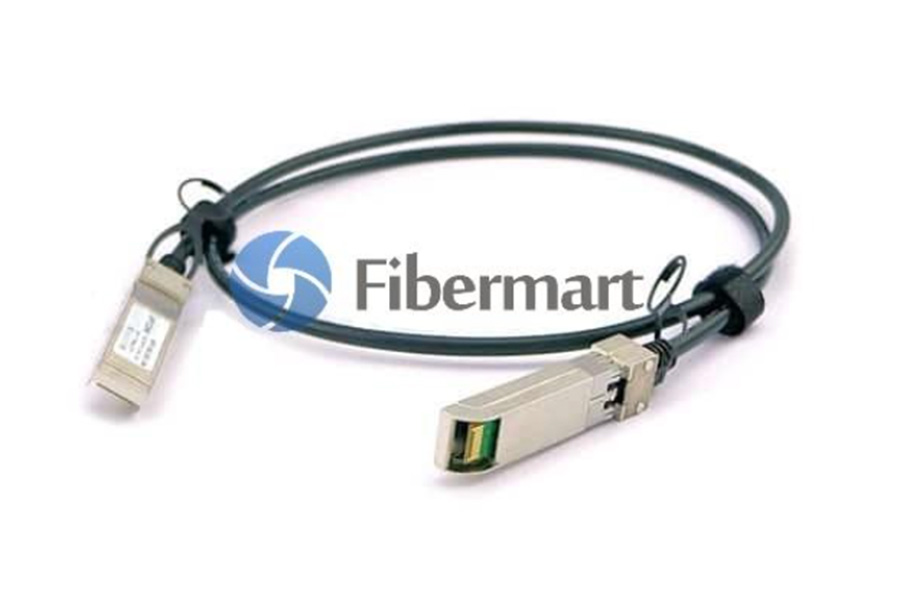Many different machines and equipment may rely on bearings for their operation. If you do not maintain those bearings properly then your machine will not perform at its optimum level and may end up causing damage, in case you do not care.
Therefore, we will like to share a few tips for your bearing maintenance to make sure their longer lifespan, improved productivity, and reduced downtime and can save your business from lost man-hours and repair costs.
If you want to use a reliable ball bearing (ตลับ ลูกปืน, term in Thai), then you may buy it from Teo Nooseng Co. who is an authorized distributor of SKF bearing in Thailand.
1. Handle and store correctly
To avoid any kind of contaminants like dust, dirt, or moisture entering into the bearing, you must store and handle them correctly. Also, bearings must be stored horizontally within their original package in a dry, clean, and room temperature environment.
2. Use specialist tools
Always use appropriate tools while handling bearings. If proper tools are not used during the mounting or dismounting, then it can cause unnecessary damage, wear, and denting.
3. Mount correctly
Mounting may vary depending upon the bearing type. Radial ball bearing rings may be mounted with different fits like sliding fits or tight press fits, based on the load type, speed, and levels of vibration.
4. Get proper lubrication
The correct lubricant must be chosen by looking at the environmental conditions, speed, temperature, and load. You may take advice from a certain bearing specialist to select the right lubrication matched to your bearing.
5. Prevent direct heating
Based on the bearing material’s heat treatment, the maximum permitted temperature can be allowed to the bearings. Going beyond that temperatures can permanently soften or deform the bearing steel, and reduce load carrying capacity.
6. Watch for danger signs
After mounting the bearing, keep an eye on its performance. If you ever notice excessive noise, abnormal vibration, increase in temperature, then it is an indication that something is wrong. Take immediate action after making a complete assessment of the bearing.
7. Choose your replacement carefully
If your bearing has reached its end of operating life, then replace the bearing with one which is identical or even superior in quality as compared to the original. Any low-quality alternative can be more prone to failure and may lead to more expensive equipment failure in the longer run.
8. Monitoring
It is very rare that your bearing will fail and not give any warning signs. There can be excessive noise or temperature or vibration increase. All these are positive symptoms of a certain deeper problem. In case your bearing exhibits any operational abnormalities, then you must monitor it more closely.
9. Consult experts
Lastly, if you are ever in doubt, then do not hesitate to seek any help from an expert. Any bearing specialist can advise you about the best method of maintenance for your specific use and can help you to diagnose any bearing issues.
Make sure all the equipment and machinery works optimally with proper bearing maintenance.





